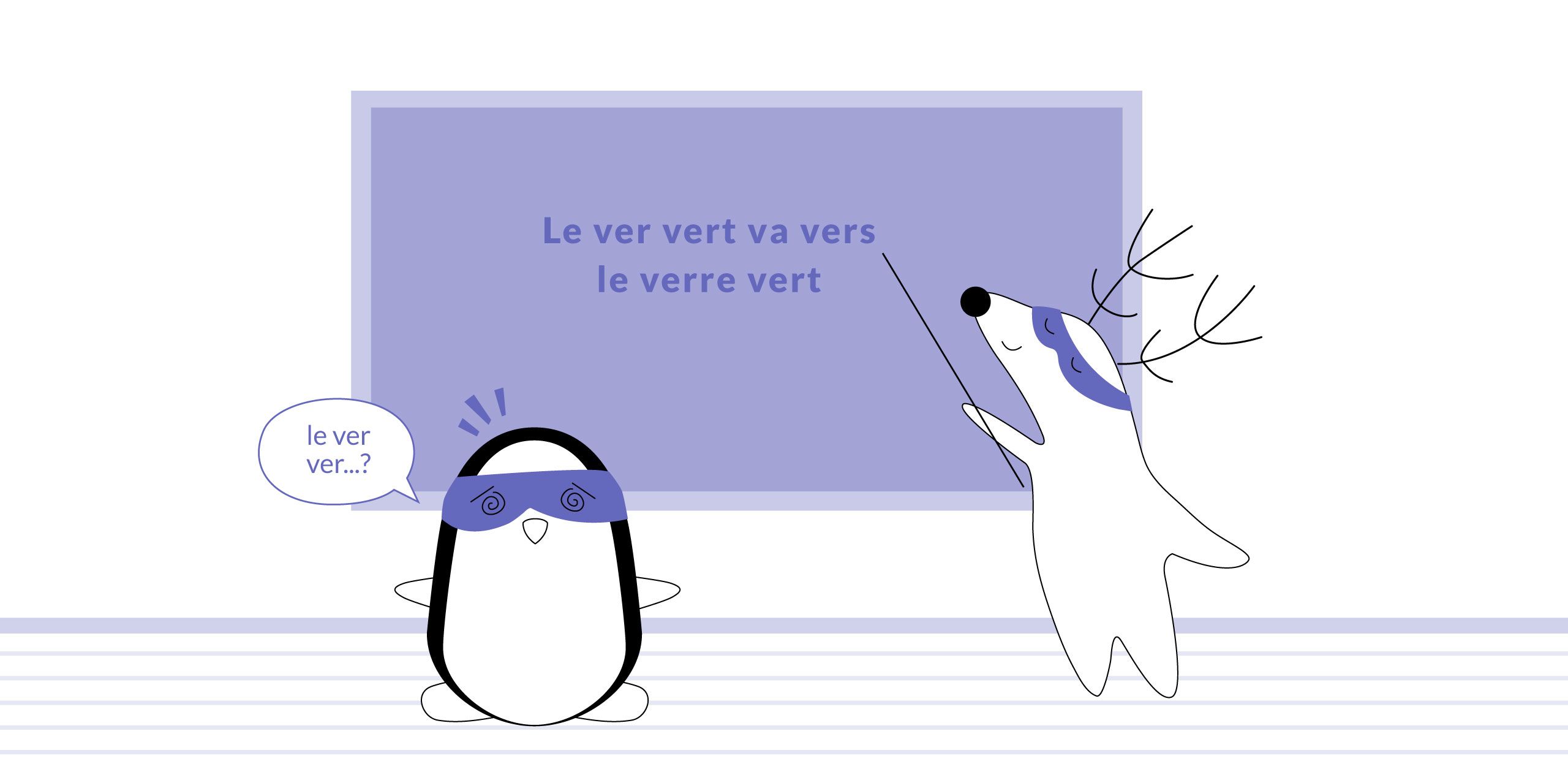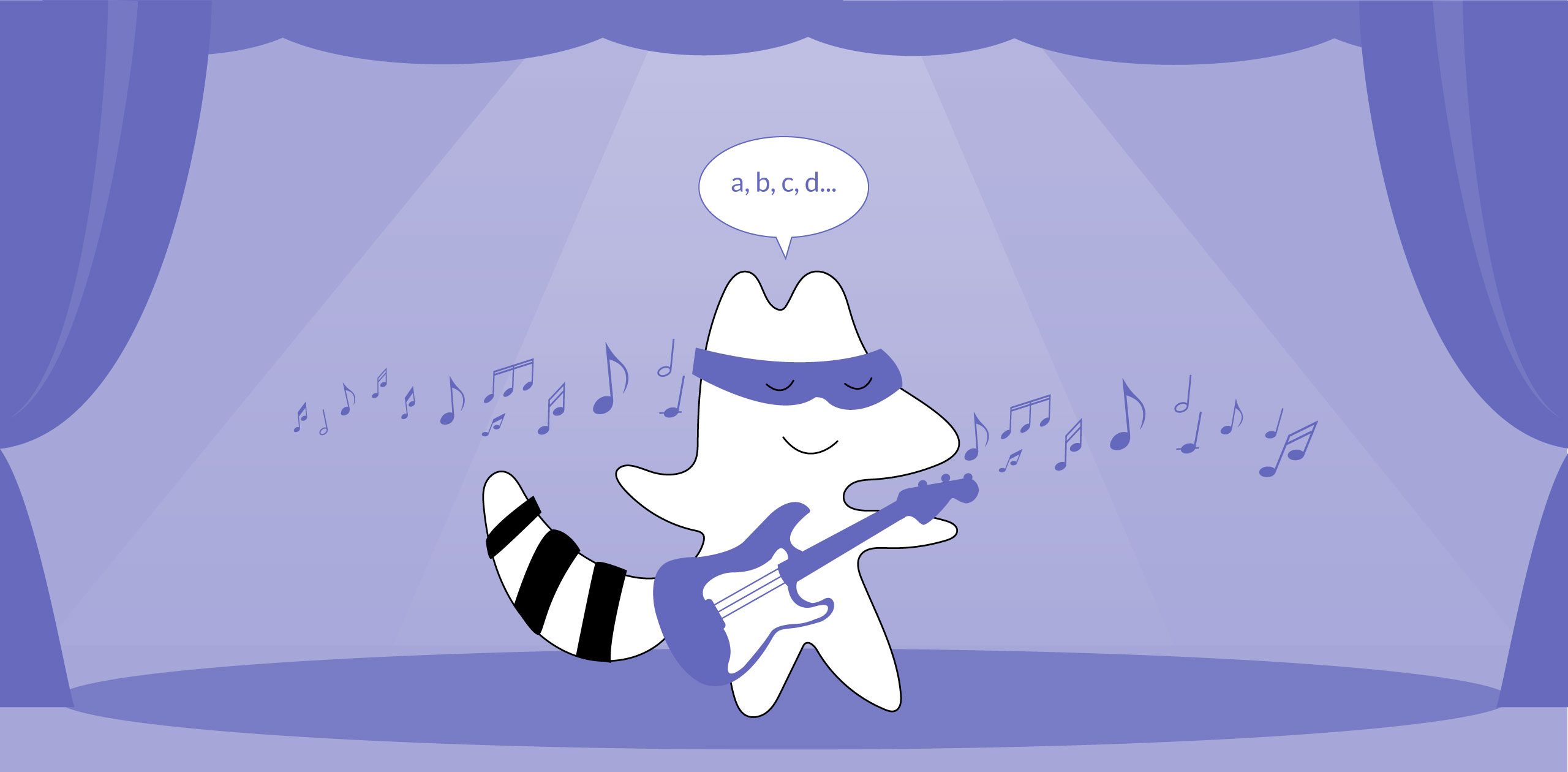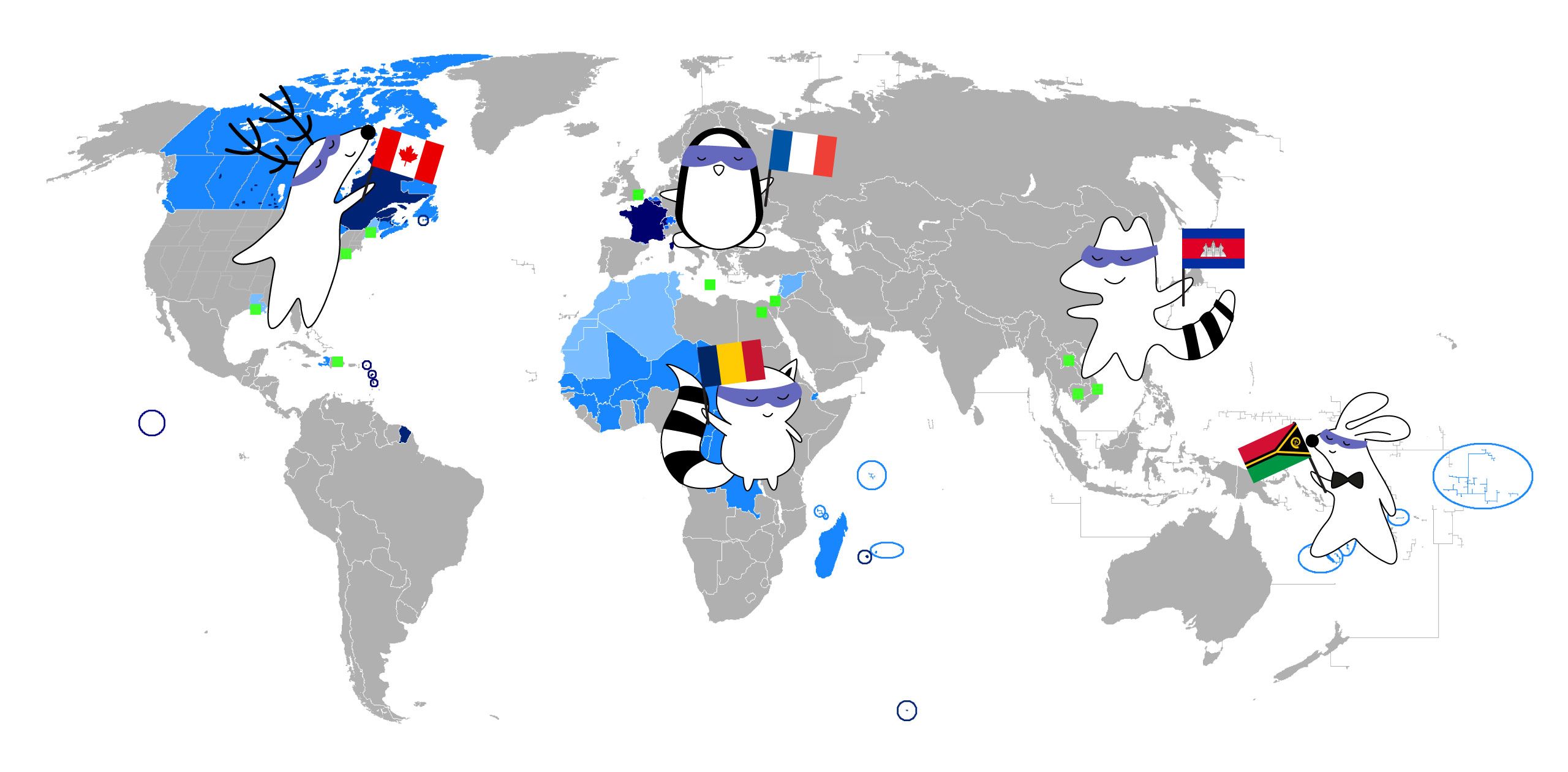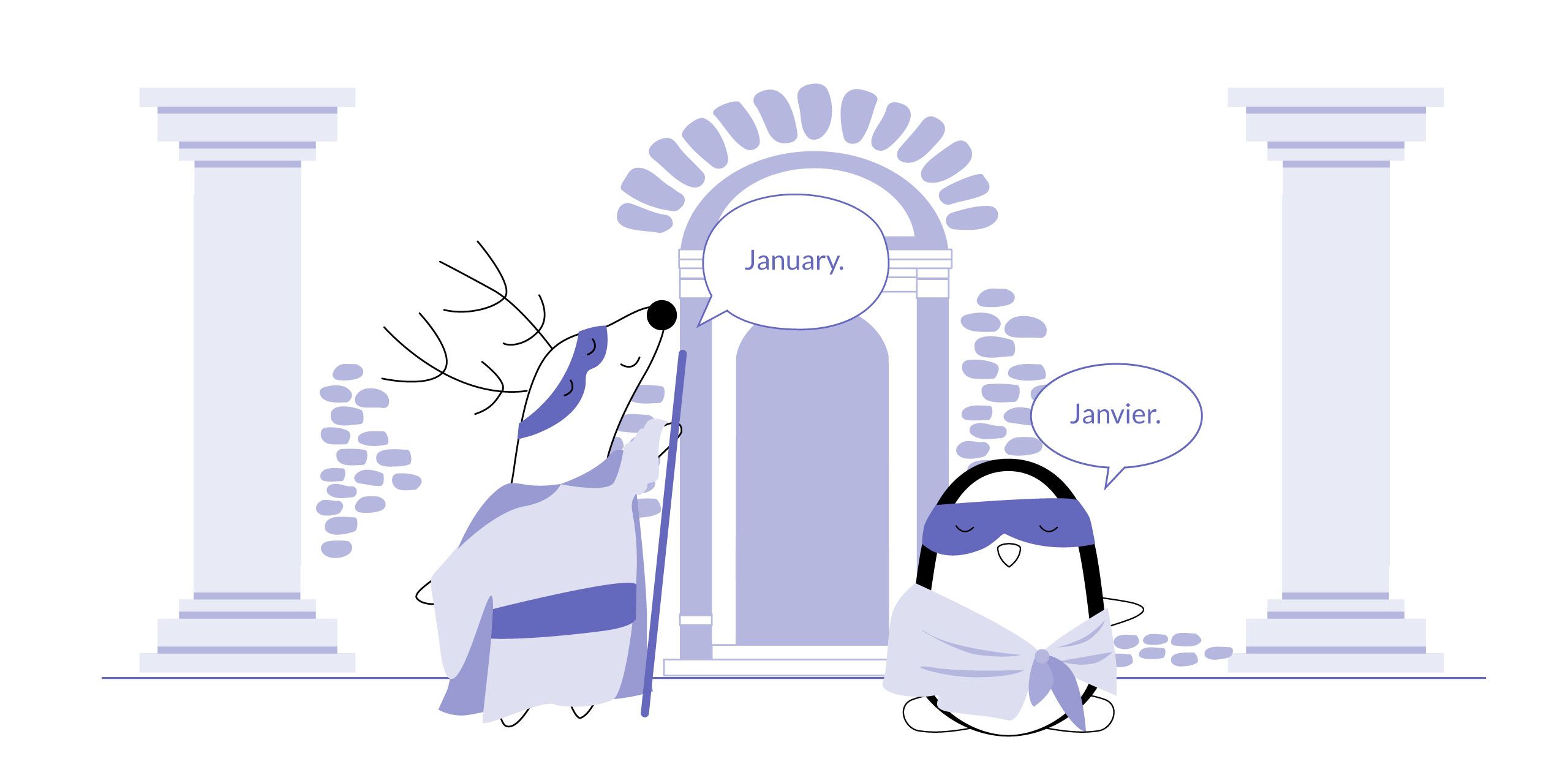
Unlike French days of the week, the names of the months in French are pretty similar to those in English. Both calendars - English and French - are based on the traditional Roman calendar, which is why this topic is actually one of the easiest to deal with when learning French.
Nevertheless, remember that French pronunciation is quite different from English - so even though the words are similar, they may often sound nothing alike. Today, we are going to teach you how to say the months’ names in French and sound like a native speaker.
We’ll also tell you more about each month so that you can not only master the pronunciation, but learn a bit about the culture of France. Sounds interesting? Then let’s take a look at the names of the French months and find out how each of them are special.
Learn French with Langster
French Months of the Year with Audio
Before you start your adventure with the months of the year in French, it’s important to learn some important grammar points.
First, unlike English, the names of the months in French are not capitalized. This might seem unusual for English speakers, but eventually, you’ll get used to that - capitalizing the months in French is wrong.
Second, when using the French months’ names in the sentences, you would combine them with the preposition “en” - for example, en mai (in May).

Another thing to note is that ordinal numbers are not used with months - so you’d say, for example, Le Quatorze Juillet (July 14th National Holiday) instead of Le Quatrième Juillet. Note that this rule doesn’t work for the first day of the month - le premier juillet.
January - Janvier
French
English
Janvier
January
Janvier (January) is the first month of the year, and, like the English name, comes from the name of Janus - Roman god of doors and gates. And we can see symbolism in that - after all, isn’t January the month where we make New Year’s resolutions and enter a new part of our lives?
When pronouncing this month, remember about the /ʒ/ sound which is pronounced nothing like the English g, but like zh instead.
February - Février
French
English
Février
February
The shortest month of the year is février (February). It’s also one of the coldest months, along with January, but who said you can’t enjoy winter in France? Go skiing, ice skating, and wait for la fête des amoureux to come, otherwise known as le jour de la Saint-Valentin (Valentine’s Day).
Send your lover a Valentine’s card and invite them to a romantic dinner, but remember to pronounce the name of the month correctly - /fevʀije/.
March - Mars
French
English
Mars
March
Mars (March) brings the promise of sunny days, warmth, and flowers - no wonder it’s the month when the Journée internationale des femmes (International Women’s Day) is celebrated. It is often observed with marches protesting sexism and sexual violence.
Another holiday that often falls in March is Easter - Pâques. Children enjoy les vacances de Pâques (Easter vacations), color les œufs (eggs), and wait for les cloches (bells) to ring and announce the holiday (which comes with a lot of chocolate, of course).
April - Avril
French
English
Avril
April
Are you looking for the best time to go to Paris? Then you should definitely book your trip during avril (April). This is the best month to enjoy stereotypically beautiful scenes in Paris: dance in the rain, enjoy the awakening nature in the country, and fall in love. After all, isn’t April the most romantic month of them all?
Of course, if you don’t have any interest in French landscapes, April should still be your go-to month. The tourist season is just starting, so there are not as many people as in summer, and the weather is already pleasant.
May - Mai
French
English
Mai
May
On the other hand, mai (May) is the most popular month among the tourists, so be prepared for the crowds - or go some other time. However, this is nevertheless the most beautiful time to visit, as spring in France is simply breathtaking.
Want to book your ticket for the trip? Nothing hard about that - simply say mai /mɛ/ and the day you want to go.
June - Juin
French
English
Juin
June
The name of this month comes from the Latin word juvenis, "young people." And this is definitely a month where young people can have the time of their lives. While the school is not over, and the exams are coming up, the summer is beginning to gear up.
Most music festivals - les festivals de musique - are held in juin. Moreover, France is one of the many countries that celebrate an international day of music - la fête de la Musique.
July, August - Juillet, Août
French
English
Juillet
July
Août
August
These two months are named in honor of two Roman emperors - Julius Caesar and Augustus Caesar. As you can see, the names of these months in French don’t really differ from the English names.
What do you do in July and August in France? Enjoy your summer vacation, of course! You can go traveling, relax at the seaside, visit new cities, or watch the French countryside from the window of your train.
July is also a special month in France - after all, the main French holiday - le Quatorze Juillet (the 14th of July) - is celebrated this month. This is the day that marks the fall of the Bastille - an old French state prison - which signaled the beginning of the French Revolution.
On that day, go to the city center to watch the parades, dance together with other people, and enjoy the fireworks. Every city in France celebrates this holiday on a large scale - but for the best experience, you might want to go to Paris.

September, October, November - Septembre, Octobre, Novembre
French
English
Septembre
September
Octobre
October
Novembre
November
We have put these months together not only because they are all autumn months, but because they all share the same history - just like in English, French septembre comes from the Latin word septem, meaning "seven," octobre - from octo, the Latin word for “eight,” and novembre - novem, "nine.”
But even though the names are similar, each month offers a unique experience.
September is, of course, the month when school starts - stores will be flooded with stationery, so you can find some notebooks and books for studying French at a good price.
October should be a little more fun - even though the French don’t celebrate Halloween, young people really like this holiday, so there will be many enjoyable festivities, such as carving pumpkins or costume parties.
And November might be the best time to enjoy autumn in France (although other months are pleasant, too). Take regular walks along the streets of the French city you’re visiting and admire the beautiful landscapes. As the days are growing colder, people will also cook more nourishing hot meals - so don’t forget to taste the traditional French onion soup.
December - Décembre
French
English
Décembre
December
Finally, the end of the year - la fin de l’année. This is the time of Christmas shopping, Christmas preparations, and, of course, decorations. This is the time where Père Noël (Father Christmas) will visit the children and bring presents.
If you want to feel at home in France at this time of the year, make sure to learn some essential Noël (Christmas) vocabulary - we’ve got some great examples on our blog.

Let’s Recap
Now, let’s repeat - read the names of the French months out loud.
- janvier - January
- février - February
- mars - March
- avril - April
- mai - May
- juin - June
- juillet - July
- août - August
- septembre - September
- octobre - October
- novembre - November
- décembre - December
Other Helpful Vocabulary
Of course, apart from the month of the year in French, you should also learn some basic vocabulary related to the French calendar. Here are some of the words we recommend learning:
French
English
Le mois
a month
Un mois
one month
L'année
the year
La décennie
the decade
Le siècle
the century
Le millénaire
the millennium
Le mois prochain
the last month
Printemps
spring
Eté
summer
Automne
autumn
Hiver
winter
French Holidays and Celebrations
All the French months have certain holidays or celebrations, such as 14th of July or Christmas. All of them have their own names, which we also recommend learning. While the French might understand you if you say “New Year’s Eve” instead of Saint Sylvestre, they definitely will be happier if you use the proper vocabulary.
- L’Epiphanie - Epiphany, May 6th (a Catholic holiday that commemorates the arrival of the Three Kings to see the baby Jesus).
- La Galette des Rois (Kings’ Cake) is a traditional dessert associated with this day.
- Le premier mai - May 1st, Labor Day.
- La Fête de la Victoire/Le Jour de la Libération - Victory Day (May 8th).
- Le 14 juillet/La Fête Nationale - Americans sometimes call it “Bastille Day.”
- La Toussaint All Saints' Day, November 1st.
- Noël - Christmas.
- Saint Sylvestre/Le Réveillon - New Year's Eve.
- Le Jour de l'An - New Year's Day.
- La Chandeleur - a religious holiday and the most crêpe-themed day in France, February 2nd.
How to Learn French Months Quickly
When learning a new language, you often have to just memorize the new vocabulary. But when it comes to the months of the year in French, there are several tips you can use to ease the learning process.
Use a French Calendar
This is the most basic thing you can do. Switching to a French calendar will help immerse you in the French language and you’ll get used to looking at the months written in French.
However, a thing to remember here is that the French week starts on Monday, which can throw you off if you’re not used to it. If this is something that might bother you, you can run a bullet journal in French instead - this way, you won’t have to get used to the new order of the week, but you will also practice your French writing skills.
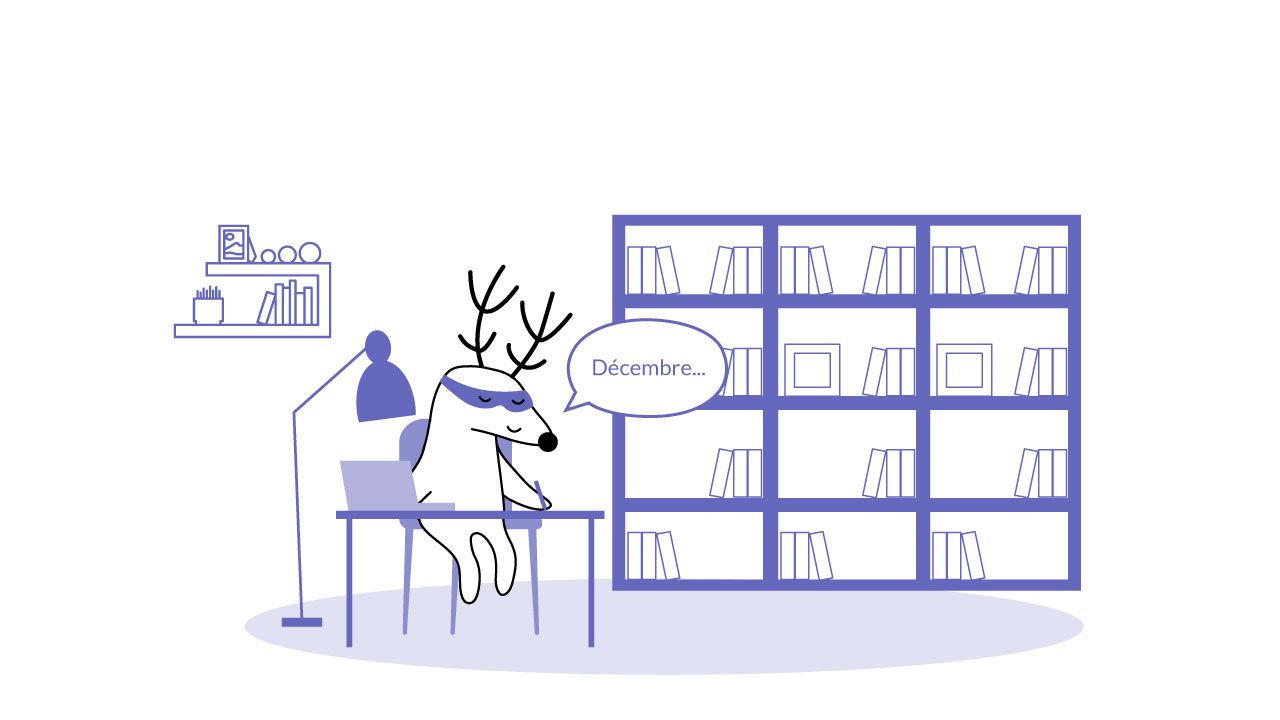
Switch Your Phone Language
This is also a pretty simple tip that works by immersing you in the language. However, not all beginners would benefit from it - when your vocabulary is too narrow, using your phone in a different language can be very uncomfortable.
What we recommend doing is actually waiting until your level of French rises a little higher than A1 - and then check if the phone system in French seems bearable.
Do Fun Tasks
Another thing you can do is to look for fun and engaging tasks that might help you remember the names of the French months faster. For example, you can sing a children’s song, do quizzes on the topic online, or watch French movies with subtitles.
Apart from that, you can also download a language learning app - such as Langster - and acquire new vocabulary by getting familiar with it in practice.
Final Thoughts
And here they are - the French months of the year. Not as hard as it seems, huh? Definitely not as challenging as the days of the week vocabulary, if you ask us. However, that’s just a start.
Now you have the potential to plan your future vacation with ease - book the flight tickets for the right date, order the famous Galette des Rois on January 6th or visit Paris during the celebration of July 14th. But to fully enjoy your visit, you need to practice your language skills.
To communicate with the native speakers clearly, you must master speaking, listening, reading, and writing - and there are many ways to do that. You can, for example, read our other materials on the blog, watch YouTube videos, or attend language exchange classes.
But if you want to add some fun to the learning process, we recommend downloading the Langster app where you can read and listen to interesting stories in French, as well as learn grammar and acquire new vocabulary. Definitely a good alternative for boring French classes.







